Pan Jiahua, director of the Institute for Urban and Environmental Studies at the Chinese Academy of Social Sciences, said achieving carbon neutrality for such a big event is no easy job. All six venues will be powered by renewable energy, cutting carbon dioxide emissions by 320,000 tons and coal consumption by 128,000 tons, he said.
The country's major oil and gas companies, including China National Petroleum Corp, China Petroleum and Chemical Corp and China National Offshore Oil Corp, are all readying natural gas supplies and hydrogen refueling facilities to ensure sufficient clean energy supplies.
The country's largest oil and gas company, China National Petroleum, will have four hydrogen refueling stations to supply 816 hydrogen-powered vehicles for the Games, it said.
The company already has two hydrogen stations in operation. Its first, located in Zhangjiakou's Chongli district, opened in March, followed by one in Beijing that opened in August.
The CNPC Futian Hydrogenating Station in Beijing, with an average daily filling capacity of 600 kilograms, capable of powering 50 to 60 hydrogen-powered buses, will supply energy for hydrogen fuel cell buses and trucks for the Winter Games, it said.
China is boosting hydrogen use in transportation and in industries where carbon usage is hard to lower, said Wei, who called that a "key viable technology if China wishes to go toward a net-zero target".
"By building more hydrogen-inclusive infrastructure, the country is likely to see a greater chance of adopting hydrogen and achieving an economy of scale."
According to Wei, China has already built a large production capacity for new energy, especially solar and wind, during the past five to 10 years, while it is also one of the main powers installing electrolyzers for making hydrogen, a key clean source for future energy.
"By combining these comparative advantages and promoting them during the Winter Olympics, the country is in good shape heading toward leadership in low-carbon industries," he said.
CNPC said it has also been maximizing production at domestic gas fields while ensuring adequate gas imports to guarantee sufficient supplies for the Winter Olympic Games. It will come up with an additional 6.4 billion cubic meters of gas, over the previous year's level, while stepping up construction of gas pipelines to ensure a sufficient gas supply.
The company has set up 16 gas stations to exclusively serve the Winter Olympic Games, which will provide 1.2 million liters of oil products that are now classified under a cleaner standard.
Sinopec said it would also have 29 liquefied natural gas refueling stations and four hydrogen stations in addition to 30 traditional gas stations during the Winter Olympic Games. It also will supply various clean refined products including lubricants, asphalt and degradable plastic bags.
It has set up seven hydrogen purification production plants with a total annual production capacity exceeding 3.9 million tons, accounting for 11 percent of the country's total. It is also planning to produce hydrogen from renewable energy.
In addition to new-energy vehicle charging facilities, the government has built a green transportation system, including a new high-speed railway and metro lines, to help better connect the three competition zones of downtown Beijing, Yanqing and Zhangjiakou. While all venues for the Winter Olympics in downtown Beijing will be linked by metro lines, the Beijing-Zhangjiakou high-speed railway line has helped cut travel time between downtown Beijing and Zhangjiakou from three hours to one hour, and that between downtown Beijing and suburban Yanqing from two hours to 26 minutes.
To help ensure a sufficient gas supply to Olympic venues and stadiums, China Oil &Gas Pipeline Network Corp, China's largest energy infrastructure owner, also stepped up construction of the 160-kilometer Zhangjiakou facilities of the fourth Shaanxi-Beijing gas pipeline, which consists of six lines and is designed to transmit 3.2 billion cubic meters of natural gas each year.
It took the company only two months to put it into operation, which will also secure a sufficient gas supply to the capital during the heating season this year. The company's annual pipeline transmission capacity has reached 268 billion cubic meters.
Pan pointed out another historical milestone for the 2022 Winter Olympics-over 85 percent of the service vehicles during the event will be powered by new energy.
Last year, Beijing reported the lowest average concentration of PM2.5, particles less than 2.5 microns in diameter, since records began in 2013, with the reading at 38 micrograms per cubic meter in 2020, a year-on-year decline of 9.5 percent. It will further upgrade industries, close polluting enterprises and switch to cleaner energy to reduce energy consumption and pollutant emissions in a broader green push.
Wei said companies' efforts have not only advanced preparation for a green 2022 Winter Olympics, but also provided an opportunity for State-owned enterprises to step into the clean energy industry, in fields including hydrogen, wind and solar, and accumulate experience in technology, management, operations and market development.
Zhang Jiandong, vice-mayor of Beijing and executive vice-president of the Beijing 2022 Organizing Committee, said powering Olympic venues with green energy is delivering on Beijing's promises in its bid as host to hold a green Olympics. The move is also expected to promote wide use of green energy across host cities Beijing and Zhangjiakou, extending the legacy of the Winter Olympics.











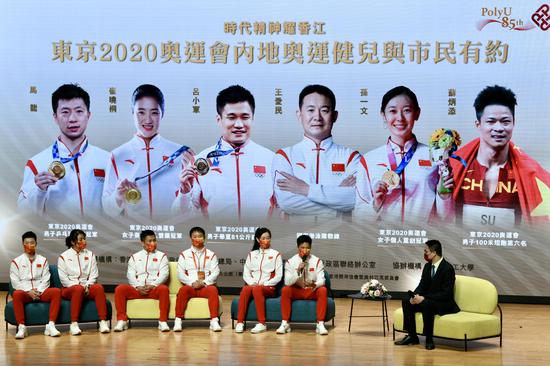







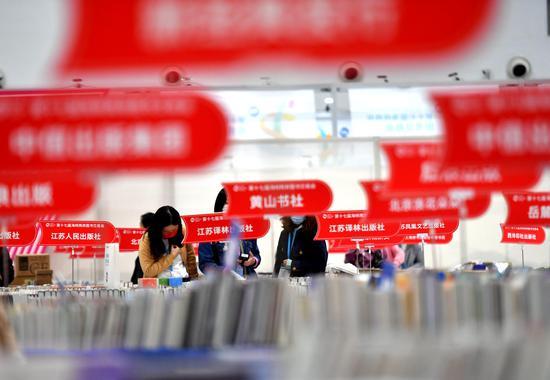



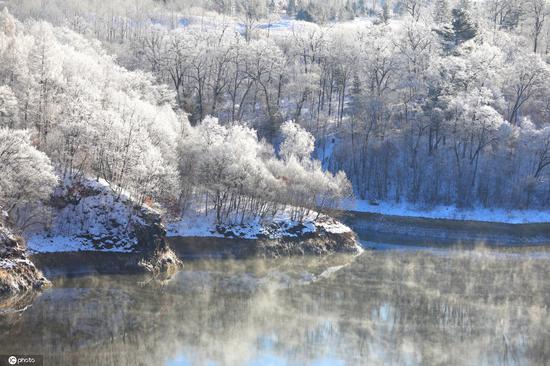
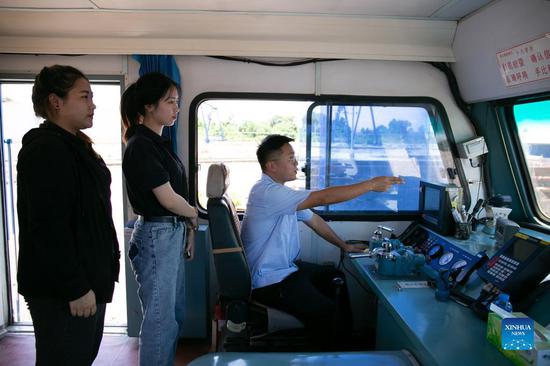
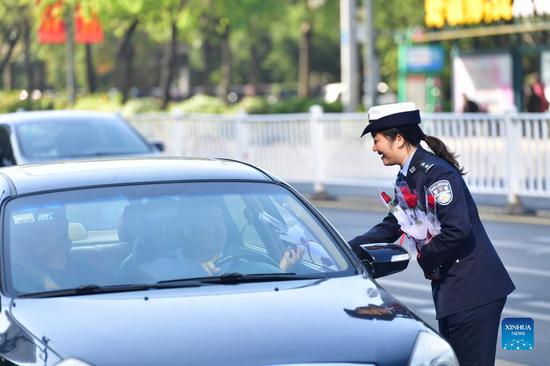
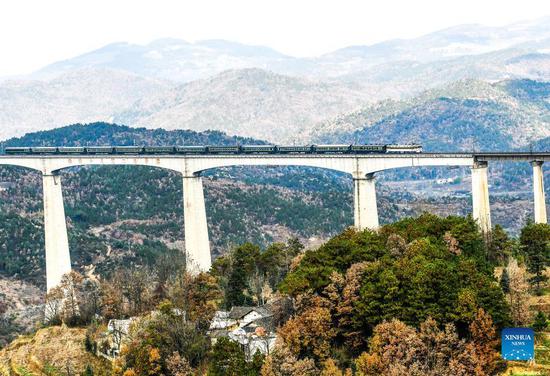





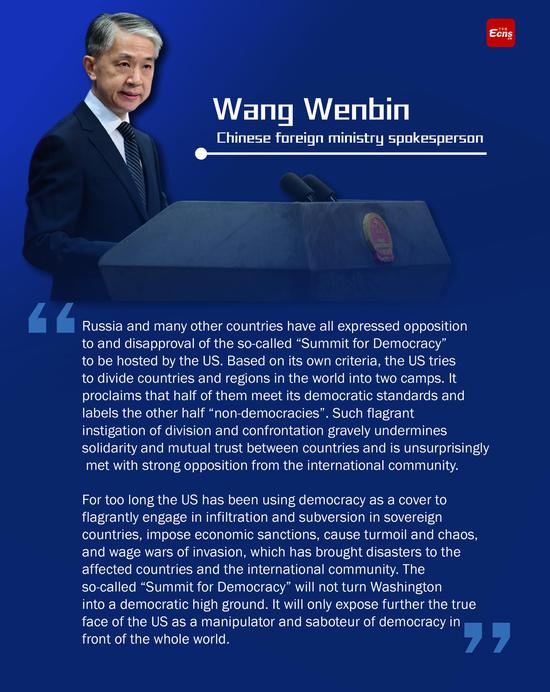

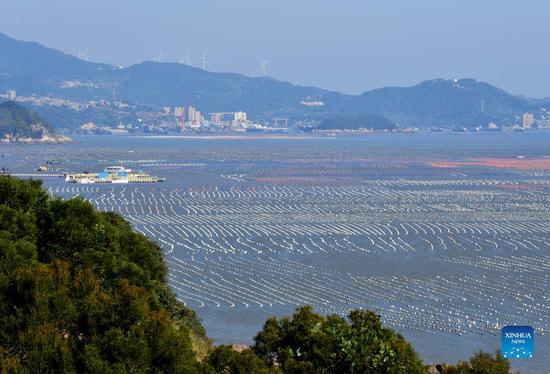

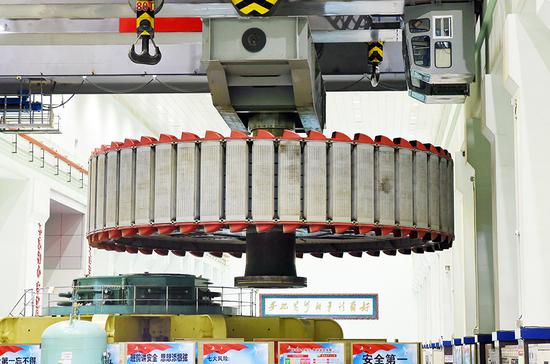

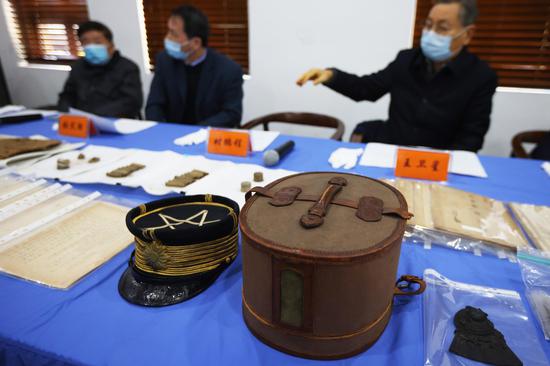
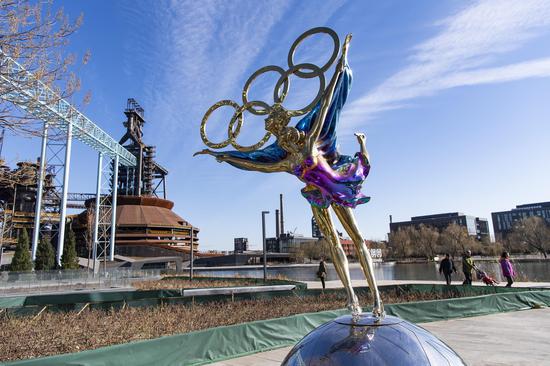
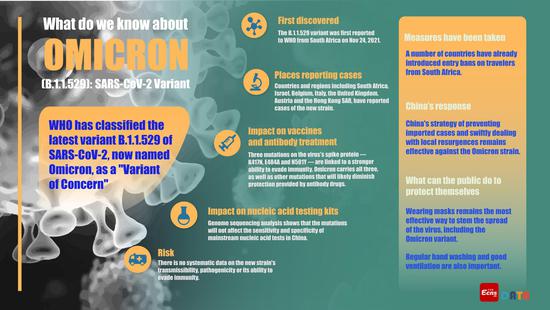

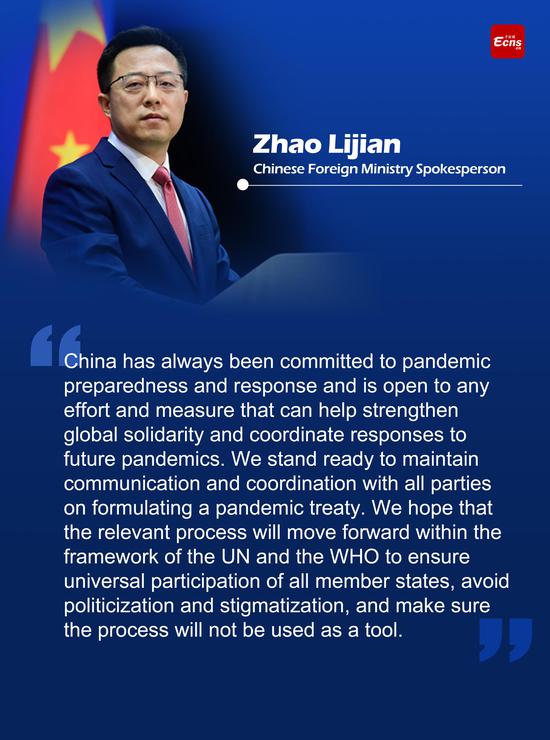







 京公网安备 11010202009201号
京公网安备 11010202009201号